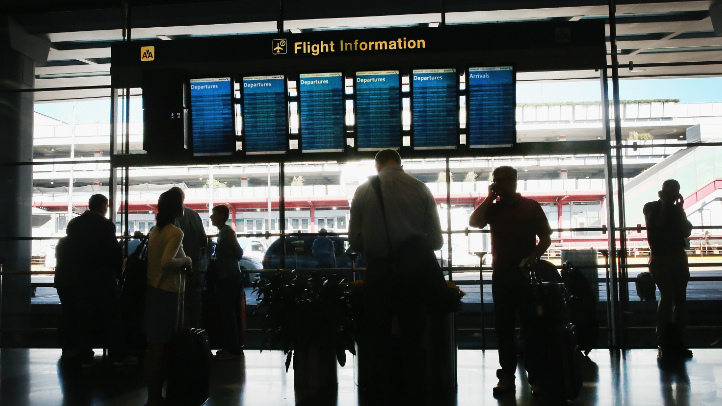Who will pay for the Bears' stadium at Arlington Park? originally appeared on NBC Sports Chicago
It's no secret the Chicago Bears' plans for a new stadium in Arlington Heights are expensive.
"I want to address the largest hurdle we face -- the economics," chairman George McCaskey said during the Bears community meeting. "This is a massive, multi-billion dollar project that could take 10 years or more to complete."
Feeling out of the loop? We'll catch you up on the Chicago news you need to know. Sign up for the weekly Chicago Catch-Up newsletter here.
The stadium the Bears plan to build is "one of the largest construction projects in Illinois history." The team wants to build a gigantic enclosed stadium with lots of seating. Around the stadium, the Bears want to build a conglomerate of accessories, like hotels, offices, gyms, restaurants, etc.
In response to the Bears' ideas, some of the residents of Arlington Heights are not exactly fond of building a new stadium in their town. The reason is that the Bears will likely need financial assistance to complete the project.
Back in July, a group called Americans for Prosperity created a petition to maintain "equal treatment of businesses and good use of taxpayer dollars" within the village of Arlington Heights. They saw what the Bears were up to early and quickly jumped to put out what they believe is a future fire.
Local
RELATED: What we learned about Bears' Arlington Park plan at stadium meeting
While McCaskey repeated twice during the Bears' community meeting the team "will seek no public funding for direct stadium structure," he did mention they "will need help."
"There are broad, long-term public benefits of this project and we look forward to partnering with the various governmental bodies to secure additional funding and assistance needed to support the development of the remainder of the site," McCaskey said.
There are two spectrums to financing a stadium.
SoFi stadium, which was built for the Los Angeles Rams and Los Angeles Chargers, was completely funded by private investors. California taxpayers didn't pay a dime for the $5 billion stadium.
On the other hand, nearly half the cost of the Las Vegas Raiders' stadium (Allegiant Stadium) was financed by the public. The stadium costs $2 billion and $750 million will be paid through bonds over 30 years.
Allegiant Stadium represents the largest sum of public money ever used for a stadium project in the United States.
The Bears figure to be somewhere in the middle, but likely on the lower end of borrowing money. Since sports stadiums historically offer close to little benefits to the surrounding area, it's best to keep public funds close to a minimum.
Team president/CEO Ted Phillips assured folks who attended the meeting that zero buildings will be constructed with public funding. The Bears are looking for public financing for infrastructure, such as sewers.
So, who will pay for the Chicago Bears new stadium?
Likely, the Chicago Bears and a plethora of private investors will need to garner before they break ground.
As McCaskey said, there's a long way to go in the project. The organization has yet to close on the land but expects to by the end of 2022 or the start of 2023.
The village of Arlington Heights is still looking into options as to whether or not they want the stadium in their town. One thing we do know for right now, the Bears don't plan to call up the village asking for money for everything.






